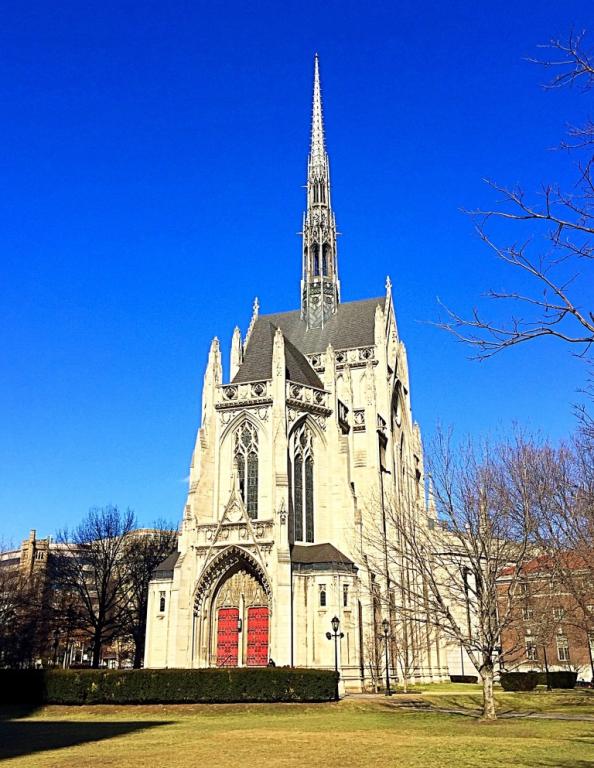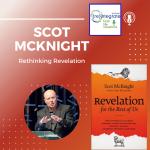A couple days ago I talked all day long to a group of academic leaders from colleges and universities across the U.S. and Canada. An annual gathering, this year they spent the day on the Visions of Vocation, and from morning to night, I talked with them about it, specially its meaning for higher education and the formation of “visions of vocation” for twenty-somethings.

I began the first address remembering a conversation with a young adult in Bratislava, Slovakia two weeks ago today. He told me of his year in the U.S. studying at Columbia University, and meeting young men and women his age who wore with passion Marxist-influenced t-shirts— “Revolution Now!” and more. It seemed so cheap to him, knowing that to be at Columbia probably meant that their parents were wealthy, and that they had family-funded credit cards in their pockets.
“They had no idea of the reality of Marxism, of its terror and oppression and sorrow. But they wore their t-shirts with outrage, arguing in class and on campus for ideas that were cheap. I tried to talk with them, explaining that I had lived through its horror, but they weren’t interested.”
As I stepped into my lecture to these men and women whose work it is to engage students with ideas, my hope was that we would together understand that some ideas matter, and that they matter very much— in a word, they cannot be cheap.
I drew Vaclav Havel into the argument. A very unusual political leader, and even more, a very unusual human being, he spent the years of his life believing that “politics is morality in practice,” and that “it always makes sense to tell the truth.” So given as we are to self-deception, and understanding that self-deception has public and political consequences, Havel forcefully and eloquently argued for truth, as complex and contentious an idea as that is. He put it this way:
“I believe that with the loss of God, man has lost a kind of absolute and universal system of coordinates, to which he could always relate anything, chiefly himself. His world and his personality gradually began to break up into separate, incoherent fragments corresponding to different, relative coordinates. And when this happened, man began to lose his inner identity, that is, his identity with himself. Along with it, of course, he lost a lot of other things, too, including a sense of his own continuity, a hierarchy of experiences and values, and so on. It’s as if we were playing for a number of different teams at once, each with different uniforms, and as though—and this is the main thing – we didn’t know which one we ultimately belonged to, which of those teams was really ours.”
In the evermore secularizing, pluralizing, and globalizing world of the 21st-century, Havel’s thesis is audacious, perhaps presumptuous. How is it possible? Surely he cannot be serious? Why would a modern man believe that “God” means anything, much less makes sense of everything?
As he said all over the world, in addresses to parliaments and universities, if we lose God in the modern-becoming-postmodern world, we must stop using words like meaning and purpose, accountability and responsibility. They can only be social constructs in the evolutionary materialist West– like it or not, there is a price tag to giving up on God.
For a thousand reasons, I agree with Havel. But to see life and the world like that cannot be a belief that is cheaply held. It cannot be parochial or propaganda; it cannot be a political platform; it cannot be social manipulation; it cannot be a cultural assumption— and yet, it is a line-in-the-sand for morally serious human beings.
Havel saw that, believing that its meaning had consequence for the Czech people, and in fact for everyone everywhere. Having lived under the state-forced atheism of the Marxist/Leninist/Stalinist totalitarianism of the 20th-century, imprisoned several times for his protests against its inhumanity, a belief in the belief in God was not cheap. It was never that, and it cannot be, for anyone of us.
(At the end of that day, Meg and I went to the beach, waiting and watching as the colors became more intense as the sun set, scattering its light across the sky onto the surf– and then finally this, in the last light of the day. Mission Bay, San Diego, CA)
For more from Steve Garber, check out his Commons Blog from The Washington Institute for Faith, Vocation and Culture.












